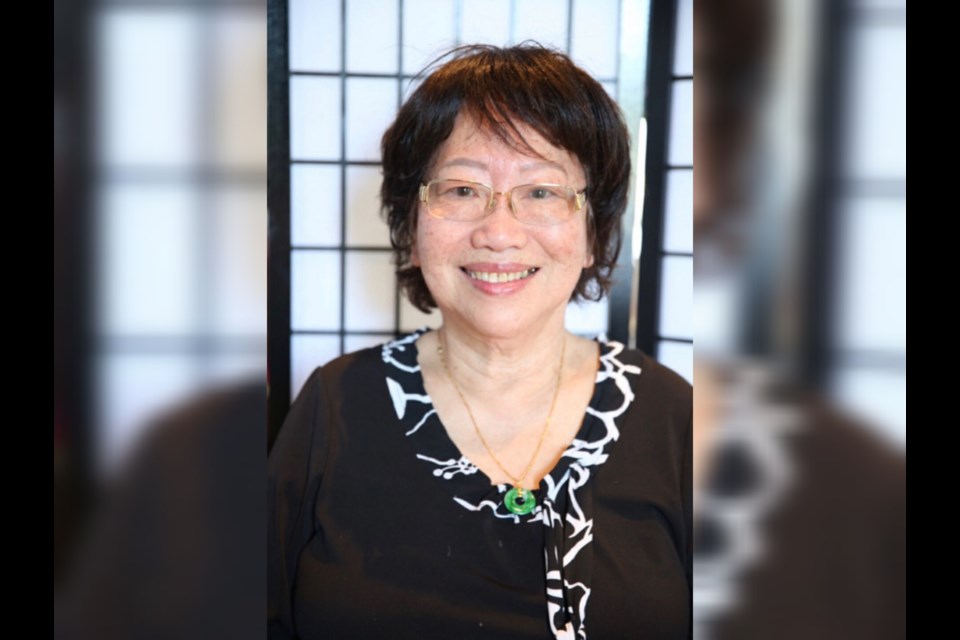Ahlay Chin first had the idea to have an organization to support mental health for the local Chinese community when she experienced a tragedy related to her friend nearly 40 years ago.
“In the 1980s, my friend was laid off and he then slaughtered the whole family – his eldest son at the university, his daughter at high school, his wife who was a teacher and himself, who was an engineer,” Chin recalled.
“It astounded me and I tried to find out why, why, why. Finally, I found out the cause of it - it was due to the mental health [challenges], due to depression.”
Chin said it was the first time she came to learn about mental-health issues as it was not something people talked about openly in the more conservative Chinese community.
“I went through a lot of trauma in my life, and I didn't even realize that I suffered from depression as well and I never knew about the signs of depression.”
Chin then was able to get help from a counsellor and when she finally recovered, she decided to do something to help other Chinese Canadians like her friend and herself to understand mental-health issues.
She founded the non-profit Richmond Chinese Mental Health Support Group in 1995, whose name was later changed to Community Mental Wellness Association of Canada (CMWAC) and became a certified counsellor herself.
“My first goal, I wanted to start an education session, I wanted to tell people, educate people," said Chin. "I wanted to help people to open their eyes because the stigma just stopped people from getting help and treatment and especially in a very [conservative] community."
For nearly three decades, the association has provided counselling services in Mandarin, Cantonese and English to residents who need mental health support. They also host regular events to help raise awareness of the issue and combat the stigma around it in the community.
“I devote myself to this, and it's my passion…It's important for them to speak in their mother tongue as the language barrier, in addition to cultural barriers, also prohibits people from asking for help,” she added.
Since the breakout of the pandemic, the organization has launched the Heart to Heart virtual workshops. Anyone can join the free monthly sessions in Mandarin, Cantonese or English to listen mental health experts speak on different topics and get connected to other community members.
The program is still running today and people can find out the schedule on CMWAC’s social media platforms.
“Anybody can join our workshops and people looking for help can call and make an appointment and come in for counselling,” said Chin.



